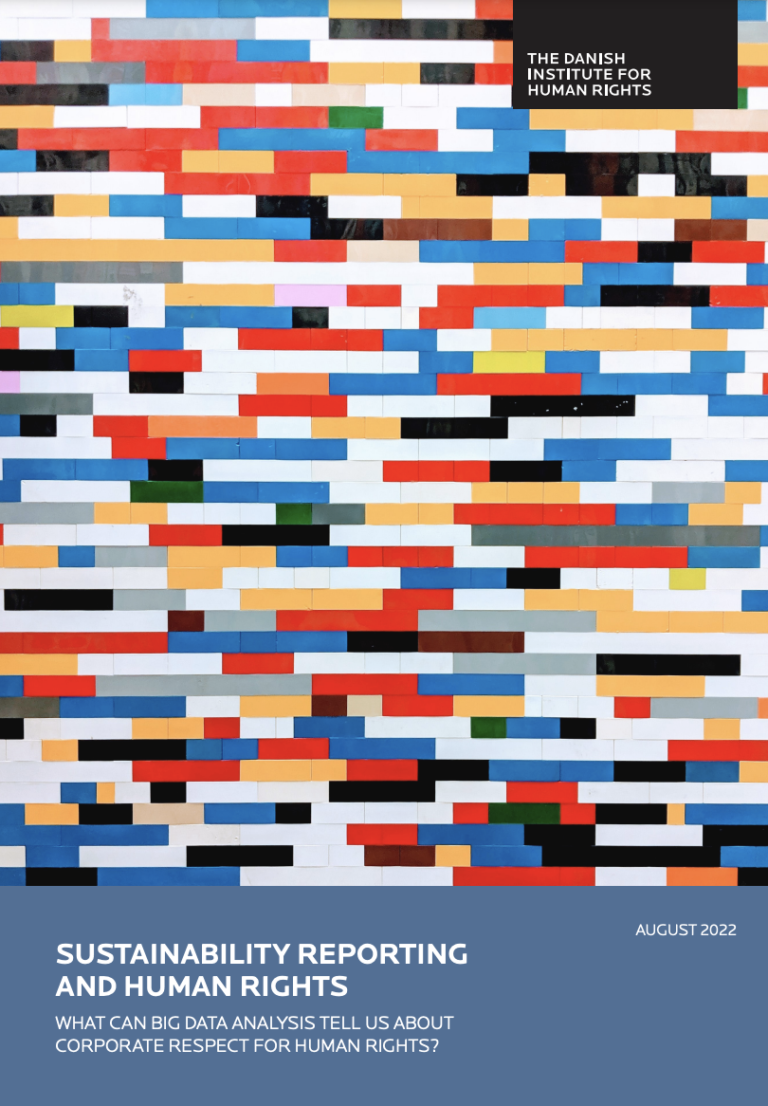Since the adoption of the UN Guiding Principles on Business and Human Rights (UNGPs) in 2011, corporate respect for human rights has become an expected standard of conduct for businesses, discharged primarily through the process of human rights due diligence.
Despite the expectation set out in the UNGPs that companies “know and show” how they identify and address their human rights impacts, one of principal weak points of human rights management in companies continues to be a lack of transparency and communication of their efforts, progress, outcomes and challenges. This creates diffculties for stakeholders, including state entities, civil society, investors and consumers, to understand and assess whether and how companies are conducting human rights due diligence and facilitating access to effective remedy.
The capacity to easily access, analyse and compare company reporting is therefore crucial for a range of stakeholders including ESG investors and civil society groups focused on corporate accountability. However, corporate sustainability reports use a variety of different standards as a point of departure, including domestic legal requirements as well as third party standards such as those developed by the Global Reporting Initiative (GRI) which were revised in 2021 with a view to better align with human rights instruments such as the UNGPs and OECD Guidelines. Companies also use their own formats when preparing their sustainability reports, often adopting a narrative or visual style to communicate information. In addition to variation in standards used, there is considerable variation in the presentation of data on human rights issues in current company reporting which presents considerable diffculties when attempting to assess and compare company practice.

